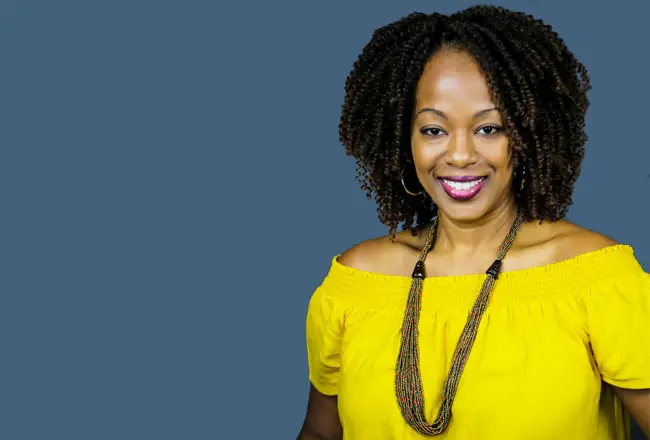Nadine Barnett Cosby: The future of business is diversity
 We live in a diverse world in which our society is composed of multiple races, genders, cultures, religions and so on. Yet, it seems that idea has remained lost on many businesses, organizations and institutions of higher education. At least, until now.
We live in a diverse world in which our society is composed of multiple races, genders, cultures, religions and so on. Yet, it seems that idea has remained lost on many businesses, organizations and institutions of higher education. At least, until now.
Since George Floyd”™s murder by the police in Minneapolis on May 25, protests have erupted across the United States and spread around the world. After weeks of sustained protests and demonstrations with no end in sight, Black Lives Matter is now being considered the largest social movement in U.S. history. Interestingly, the movement dates back to the use of the hashtag #BlackLivesMatter on social media in July 2013 after the acquittal of George Zimmerman in the shooting death of unarmed Black teen Trayvon Martin.
This time around, however, the movement feels different. Big brands have spoken out in support of Black communities, many releasing official statements in support of diversity, equity and inclusion, and some are even using the phrase “Black Lives Matter” in their public messaging. There have been statements of support and pledges of donations to the Black Lives Matter movement and other civil rights groups from a wide range of industries from finance to fashion, and from Wall Street to the ivy-covered walls of higher education.
The custom of brand activism ”” the act of businesses taking a stand on political, environmental or social issues ”” is driven by consumerism, as a growing number of consumers are expecting and/or demanding that companies make a positive contribution to society in exchange for the consumer”™s support.
More recently, and largely due to social media, pledges of allegiance by organizations with no actual follow-through are being challenged for their inauthenticity by a public demanding genuine involvement in the anti-racism cause. It can be argued that the very future of companies may depend on the authenticity of their diversity, equity and inclusion efforts on an ongoing basis.
Higher education, largely considered an institution for social change, is not immune to the racial reckoning being faced by many companies today. Predominantly White colleges and universities have historically focused on hiring a certain number of Black people to meet diversity quotas, then overworking those individuals to assist the institution in performative diversity and inclusion for the sake of checking boxes. More recently, these institutions have attempted to respond to student uprisings and meet outcries for equity and justice by taking steps to display their support by changing the names on buildings or removing statues of long-revered racists.
All the while, Black staff often represent the lowest salary ranges in higher education while tasked with some of the most demanding work on campuses, and Black faculty are often measured by a separate set of higher standards for acceptable teaching, scholarship and service to the institution when being assessed for tenure.
Students, parents, alumni and faculty are now demanding that institutions move beyond performative diversity and change behaviors in meaningful and substantial ways such as instituting targeted diverse hiring policies and anti-racist curriculum.
Some companies, while they may have released statements during the recent tumult of racial protests, have long been making efforts to close the racial disparity gaps within their organizations.
Westchester is home to some such organizations. Mastercard, for example, is one company that has been trying to live its values as opposed to allowing them to be words on a page. From its work with the National Urban League for over a decade, to funding research and using data science to help rebuild distressed communities and support minority entrepreneurs through its Mastercard Center for Inclusive Growth, to its internal LEAD (Leading Employees of African Descent) Business Resource Group, Mastercard has made consistent efforts to uphold the importance of diversity, equity and inclusion both as a part of its mission and its practice.
These are just a few examples of initiatives that any organization that wishes to make impactful efforts in anti-racism could and should be working towards. Every company should track its metrics of Black employees, starting from the top down. Companies must reassess their rules and strategies that are rigged from the very onset and contribute to the prevention of recruitment, retention and promotion of diverse members of their boards, leadership and employee pools. The genuine desire for inherent organizational change regarding diversity and inclusion may be questionable. But if the persistence of the current protests is any indication, the very survival of these companies and institutions may depend on it.
Nadine Barnett Cosby, a 2020 Fulbright Scholar, is assistant professor of Media & Strategic Communication and co-founder of the Black Studies minor at Iona College. She can be reached at ncosby@iona.edu.